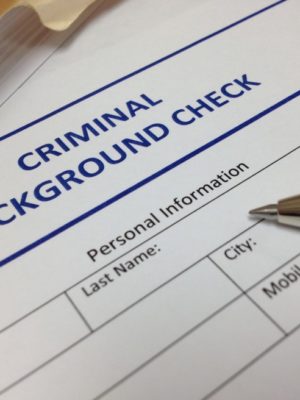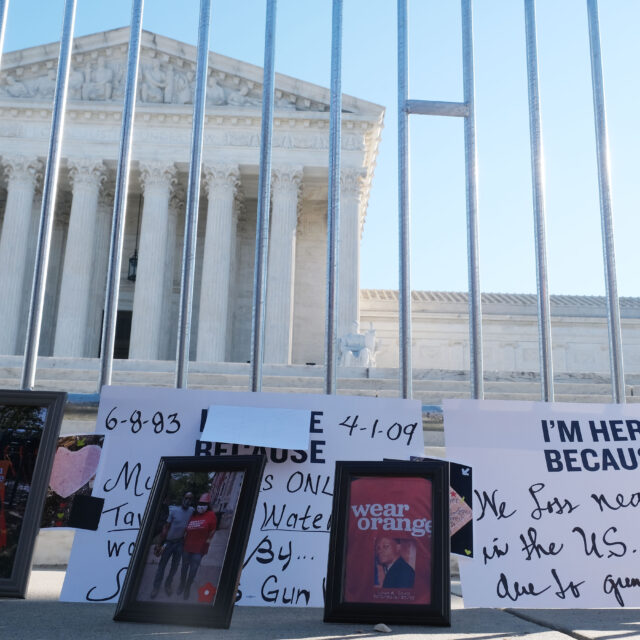The Gun Sale to the Teen Behind Colorado Threats Was Illegal

4.18.2019
Every April since 1999, the community around Littleton, Colorado, has faced increased threats from individuals infatuated with the horrific mass shooting at Columbine High School of 20 years ago. This year, the community was terrorized by reports of an apparently disturbed 18-year-old who had flown from Florida to Colorado, allegedly making threats against Denver-area schools, including Columbine High. Upon arriving in Colorado, the teen purchased a shotgun at Colorado Gun Broker, located less than two miles from Columbine, setting off a manhunt that ended when she died by suicide.
Contrary to reports in the press and claims made by the dealer who sold her the gun, the sale was not only irresponsible, it was also illegal.
Under federal law, a licensed gun dealer such as Colorado Gun Broker may only sell “long guns” such as rifles and shotguns to out-of-state residents if the sale would have been legal in the purchaser’s own state (handguns may only be sold to in-state residents). Consistent with this legal requirement, on the federal transaction form that every buyer and seller must complete and sign before a gun is transferred, the instructions to the dealer state that, “[i]n determining the lawfulness of the sale or delivery of a rifle or shotgun to a resident of another State, the transferor/seller is presumed to know the applicable State laws . . . in both the transferor’s/seller’s State and the transferee’s/buyer’s State.”
In the aftermath of the Parkland tragedy, Florida raised its minimum age for long gun purchases to 21. As an 18-year-old Florida resident, the purchaser in this case was ineligible to buy rifles and shotguns in any state, including Colorado, because she was ineligible to purchase them in her home state. If it were otherwise, prohibited purchasers would easily be able to evade their state’s gun laws by simply driving across state lines. A representative of the store that sold the shotgun in this case made statements suggesting they may have been unaware of the Florida minimum age law. Either way, the sale raises serious questions that the dealer should be required to answer about how it is conducting its business on a day-to-day basis. While it is possible that the purchaser used a fake ID, those selling firearms must scrutinize IDs, just as a liquor store or bar must.
Unfortunately, gun industry immunity laws passed in the early 2000s, such as the federal Protection of Lawful Commerce in Arms Act (PLCAA), and the current lack of federal prosecutions of rogue dealers have created an atmosphere of impunity for reckless gun distributors. Not only do dealers face little threat of legal action because of PLCAA and other laws, but a federal appropriations rider prohibits the government from disclosing the names of the irresponsible dealers that contribute to gun crime. What’s more, the Bureau of Alcohol, Tobacco, Firearms and Explosives has been hamstrung by budgetary and statutory restrictions for decades in its work to supervise and penalize rogue dealers.
No one should be surprised that when an industry faces little meaningful oversight, some of its members will put profit before public safety.




